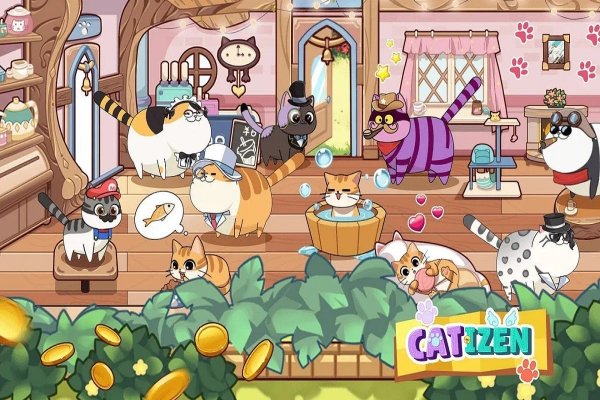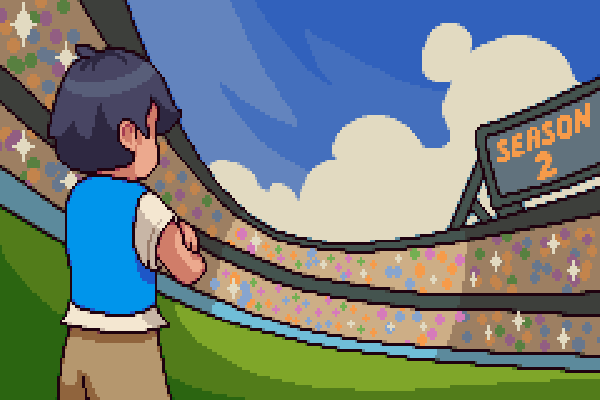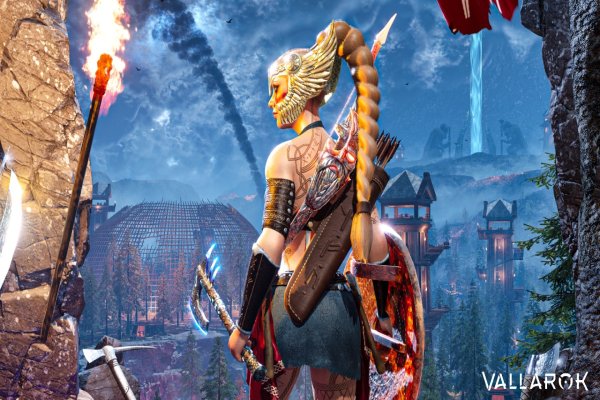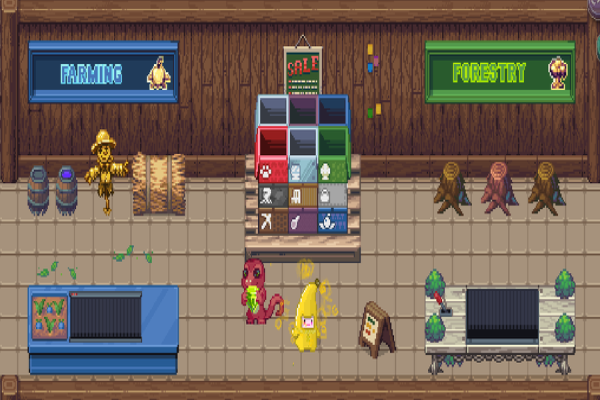On September 14th, Catizen, the popular play to earn game by Pluto Studio, completed its first $CATI token airdrop. Over 15.2 million players were eligible to receive the tokens. This is less than half of the total 35.8 million players who have tried the game so far. The airdrop rewarded players from the Silver League to the Royal League, marking the end of Catizen’s first season.

Catizen Airdrop Concludes With Sudden Rule Changes
The $CATI airdrop was designed to reward active players. To qualify, users had to complete in-game tasks, missions, and daily activities. While many were excited for the airdrop, some were upset after seeing their allocations.
Pluto Studio had originally said that vKitty profit speed would be the main factor in determining token rewards. But on the day of the airdrop, the team revealed that this had been changed.
The adjustment was made after the team discovered that some players had used bots to boost their vKitty earnings. In response, Pluto Studio shifted the focus to metrics like on-chain interactions, task completions, and spending in the game. Some players saw this change as unfair, especially those who had invested time rather than money into the game.
Adding to the frustration was the fact that only 34% of the total token supply was circulating at launch, instead of the promised 43%. This led to confusion and further complaints, with some accusing Catizen of a bait-and-switch. The team clarified that 9% of the tokens were allocated to the Binance Launchpool, leaving only 15% for the Season 1 airdrop.
Despite that, Chairman of the Catizen Foundation, Tim Wong, said that this event was a historic moment for the game. In his letter to the community, Wong emphasized that $CATI is more than just a token—it represents the governance and trust of the community. He called it the “core spirit of Web3” and promised that this was just the beginning of what the Catizen project has to offer.

The Tokenomics of $CATI
The $CATI token has a total supply of 1 billion tokens, and this will never increase. Pluto has allocated 43% of these tokens to the community and ecosystem, including 34% for airdrops and 9% for the Binance Launchpool. The recent airdrop saw 15% of the total supply released to players as a Season 1 reward, with more airdrops planned every quarter.
Wong also explained that the remaining 19% of airdrops will be rolled out over 12 quarters. This is to ensure that both future and current players can continue to benefit. Catizen’s team and investors will have 0% token allocation for the first year. Apart from that, 50% of Catizen’s revenue will be used to buy back and burn $CATI tokens.

How Players Can Use $CATI
$CATI isn’t just for governance. It has several key uses within the Catizen world:
- Players can use it to buy in-game items at a 30% discount.
- Staking $CATI in the Launchpool allows players to earn rewards from other projects.
- It also offers fee discounts in trading, especially through the Vanilla Trading Bot.
- Holders of $CATI will also get continuous Meowdrop rewards, further increasing its value.
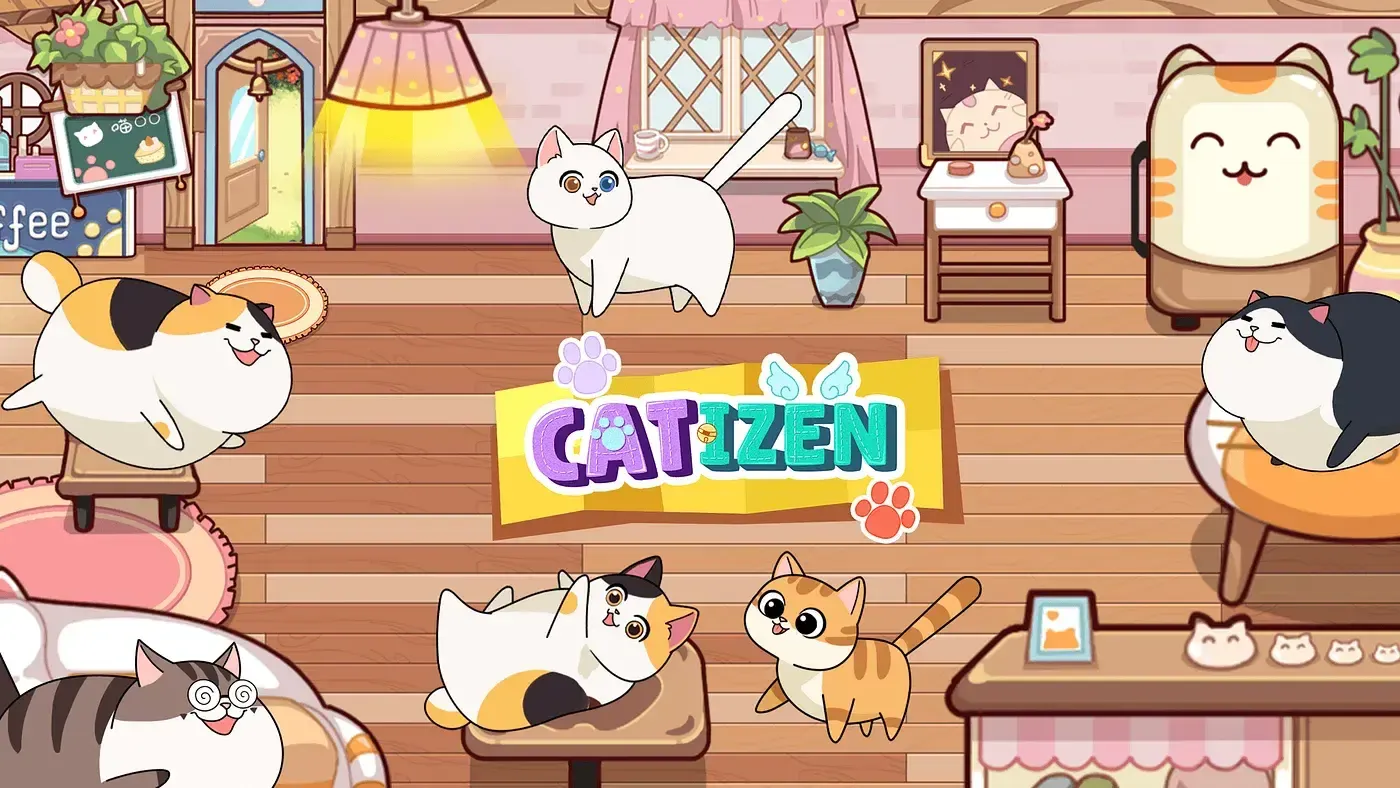
What is Catizen?
For those new to Catizen, it is a blockchain game that combines the love for cats with the world of play to earn. Players in Catizen take care of digital cats in a virtual cat cafe. They can merge cats to create higher-level felines, which in turn generate more in-game currency called vKitty. This “merge and grow” mechanic is central to the gameplay, allowing users to level up and earn more rewards as they go.
The game is built on The Open Network (TON) and integrates with Telegram, making it accessible to millions of users. By using $CATI, players will have a say in the game’s future while earning through gameplay.
Looking Ahead
No doubt, the recent airdrop is just the first of many exciting developments in Catizen. The game continues to grow its community, with upcoming plans for the next airdrop. Catizen tokenomics are designed to support long-term growth, with the goal of ensuring both early adopters and new players can benefit from the game’s success. As Catizen pushes forward, it promises more mini-games, richer content, and even plans to expand into e-commerce and short-form drama.
